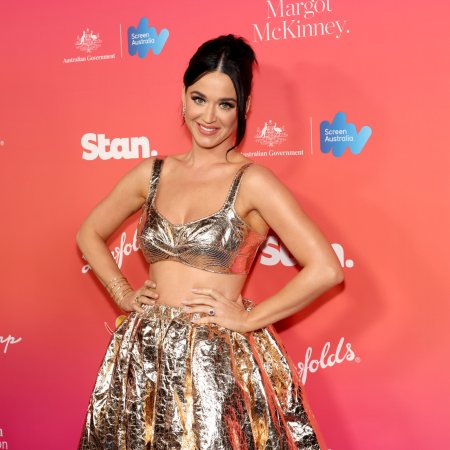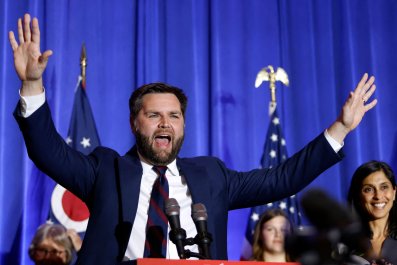King Charles III's decision to write to Donald Trump after an assassination attempt "plays" to his advantage, a PR expert has told Newsweek.
The monarch, 75, expressed his sympathy after a gunman opened fire on the former president at a campaign rally in Pennsylvania on Saturday, injuring Trump's ear. One attendee was killed and two others were seriously wounded, authorities said.
Aides disclosed that the king put pen to paper and wrote to Trump, though Buckingham Palace did not officially comment and did not release the text of the letter.
Eric Schiffer, chair of Reputation Management Consultants, told Newsweek: "Americans will see it as a formality and one which they'll appreciate.
"Especially if you're on the right or those who are patriots or who care about lowering the temperature of violence in America, all of which plays to the king."
The king may have good reason to extend sympathies to Trump, not least because he has survived a shooting himself, though with a starter pistol rather than the rifle used at the Republican's rally.
It was 1994 and the king, then Prince of Wales, was visiting Sydney to mark Australia Day when David Kang set off the handgun, causing mayhem during the royal's speech at Tumbalong Park.
Lord Louis "Dickie" Mountbatten, Charles' great uncle, was killed in an I.R.A. bombing in August 1979, a moment that caused Charles significant grief. As the king once observed: "I admire him almost more than anybody else I know."
However, the king's decision to not only write the letter to Trump, but to make it known he had done so, comes against an awkward backdrop—as the incident was at a campaign rally ahead of the election in November.
The monarchy does not usually comment on or get involved in democratic elections even in Britain, and certainly not in other countries.
Had the text of the letter been disclosed publicly, there is potential that Republican campaigners could have used the wording to infer the king was on Trump's side in his impending election battle against President Joe Biden.
That would have risked sacrificing the monarchy's fiercely defended political neutrality, which allows it to appeal to the widest possible cross section of British society.
Queen Elizabeth II twice got drawn into tinder box election debates in Britain over the years, though on both occasions it was around referendums, rather than general elections.
Former British Prime Minister David Cameron asked her to comment on the Scottish independence referendum in 2014, when she told a bystander at her church that voters should "think very carefully about the future."
And The Sun newspaper reported in 2016 that "The Queen Backs Brexit," according to its front page headline.
According to the newspaper, she had a "bust up" with former Deputy Prime Minister Nick Clegg some years earlier in 2011 in which she had been critical of the EU.
However, Britain's press regulator IPSO upheld a complaint in 2016 over the coverage as the material in the story only support the contention she held some negative views about the European Union and not that she supported Britons voting to leave, as the headline had suggested.
Buckingham Palace stressed she was politically neutral while Clegg dismissed the story as "nonsense," the BBC reported.
Jack Royston is Newsweek's chief royal correspondent based in London. You can find him on X, formerly Twitter, at @jack_royston and read his stories on Newsweek's The Royals Facebook page.
Do you have a question about Charles and Queen Camilla, Prince William and Princess Kate, Meghan and Prince Harry, or their family that you would like our experienced royal correspondents to answer? Email royals@newsweek.com. We'd love to hear from you.
Disclaimer: The copyright of this article belongs to the original author. Reposting this article is solely for the purpose of information dissemination and does not constitute any investment advice. If there is any infringement, please contact us immediately. We will make corrections or deletions as necessary. Thank you.




